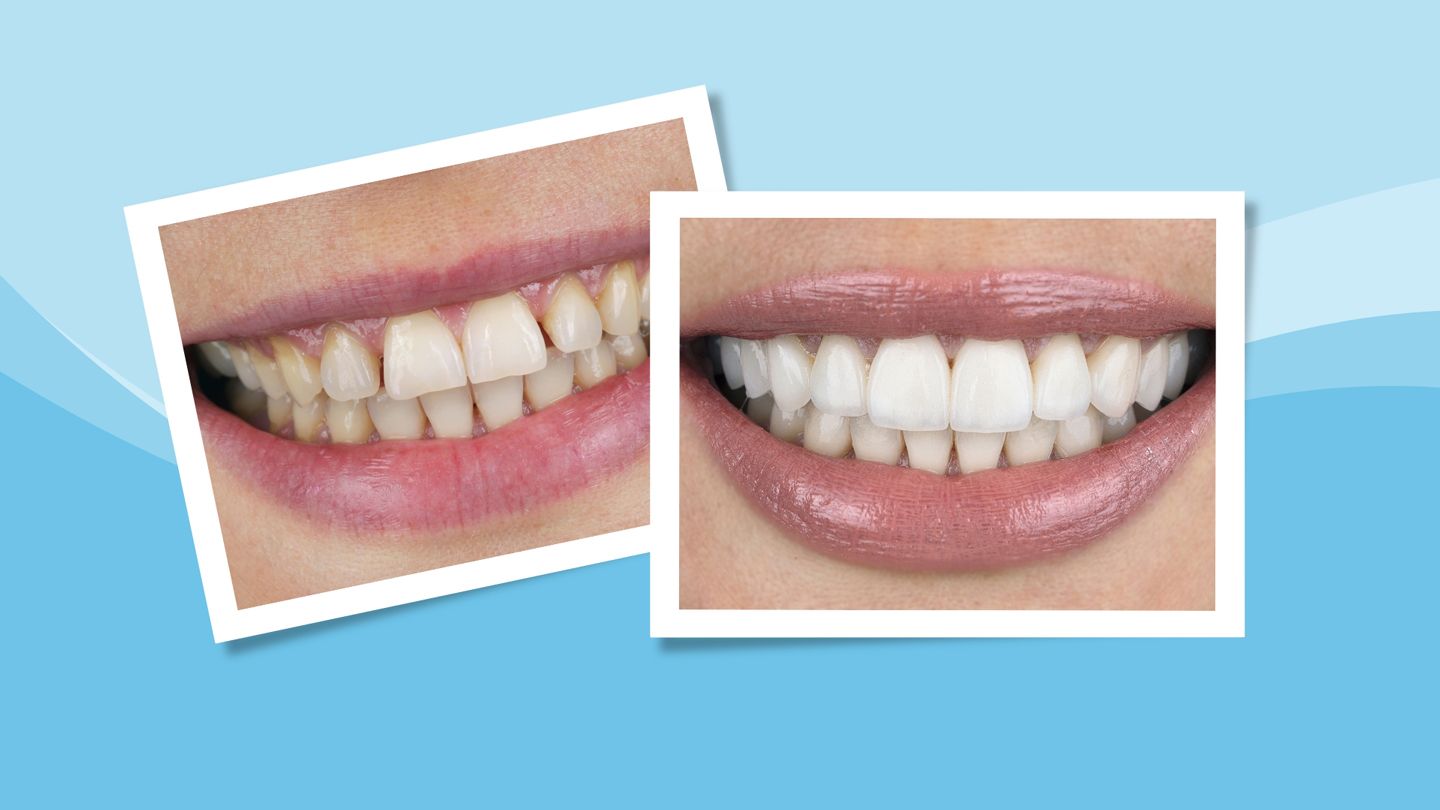Dental veneers have become one of the most popular cosmetic dentistry procedures, offering a way to achieve a flawless and bright smile. Many people choose veneers to correct discolored, chipped, or misaligned teeth, as they provide a long-lasting and natural-looking solution.
However, like any dental procedure, veneers come with potential risks and considerations. Before deciding to get veneers, it’s important to understand these risks to ensure they are the right choice for you.
Cost of Veneers in Turkey
Turkey has become a top destination for individuals seeking high-quality veneers at an affordable price. Veneers Turkey price ranges between $2,000 and $6,000 for a full set, while composite veneers can cost between $800 and $2,500.
Turkey offers a more cost-effective solution without compromising quality than the US and UK, where the same procedure can cost $10,000 to $30,000. The price depends on factors such as the clinic’s reputation, the dentist’s expertise, and the material used. Many Turkish clinics provide all-inclusive packages, covering consultations, treatment, accommodation, and airport transfers, making it a convenient option for international patients.
Understanding Veneers
Veneers are thin shells made of porcelain or composite resin that are bonded to the front surface of teeth to improve their appearance. Porcelain veneers are more durable and stain-resistant, while composite veneers are a more affordable but less long-lasting option. Since veneers require some enamel removal, the procedure is considered permanent and irreversible.
Potential Risks of Veneers
Risk of Tooth Sensitivity
Since a small amount of enamel is removed to place veneers, some patients experience increased sensitivity to hot and cold foods and drinks. This sensitivity is usually temporary but can persist if too much enamel is removed.
Enamel Removal and Irreversibility
The preparation process requires removing part of the natural tooth structure, which means that once veneers are placed, they cannot be undone. If a veneer is removed, it will need to be replaced with another veneer or a dental crown.
Risk of Veneer Damage or Breakage
Although porcelain veneers are durable, they are not as strong as natural teeth. Biting into hard foods, using teeth as tools, or accidental trauma can cause veneers to chip or crack, requiring repair or replacement.
Gum Irritation and Inflammation
Improperly fitted veneers can cause gum inflammation, discomfort, or even gum recession. This can be avoided by choosing a skilled dentist who ensures a precise fit.
Discoloration and Staining Over Time
Porcelain veneers resist stains better than composite veneers, but over time, the edges of veneers can become discolored. Avoiding coffee, red wine, and tobacco can help maintain their brightness.
Increased Risk of Cavities
Veneers themselves do not decay, but the natural teeth underneath are still vulnerable to cavities if oral hygiene is not maintained. Brushing, flossing, and regular dental check-ups are essential.
Speech Changes and Adjustments
Some patients may notice a slight change in their speech immediately after getting veneers, particularly with pronouncing certain sounds. However, this typically resolves within a few weeks as the mouth adjusts.
READ MORE : Protecting Your Rights
Bruxism (Teeth Grinding) and Veneer Damage
Patients who grind their teeth may put excessive pressure on veneers, leading to premature wear or breakage. Wearing a custom nightguard can help protect the veneers. Excessive teeth grinding, also known as bruxism, can put immense pressure on veneers, leading to premature wear, fractures, or complete breakage.
Since veneers are not as strong as natural enamel, repeated grinding or clenching can weaken their structure over time, causing them to chip or detach. For individuals who have a history of bruxism, it is crucial to discuss this with their dentist before undergoing the veneer procedure. In some cases, the dentist may recommend alternative treatments or suggest reinforced veneer materials that are more resistant to grinding forces.
Wearing a custom-fitted nightguard can significantly help protect veneers from damage caused by nighttime teeth grinding. These dental appliances create a protective barrier between the upper and lower teeth, reducing direct pressure on the veneers and preventing them from cracking or shifting.
A well-fitted nightguard not only safeguards your veneers but also helps prevent jaw pain, headaches, and other complications associated with bruxism. Regular dental check-ups will allow your dentist to assess the condition of your veneers and ensure they remain in top shape for years to come.
Veneers can provide a stunning, confident, and long-lasting smile, but they do require careful consideration and proper maintenance. While they enhance aesthetics and correct imperfections, they are not without risks.
Understanding potential downsides—such as tooth sensitivity, the necessity of enamel removal, long-term upkeep, and lifestyle adjustments—is crucial in making an informed decision.
Choosing an experienced dentist with a strong reputation can make a significant difference in achieving natural-looking, durable, and comfortable veneers that blend seamlessly with your teeth.
Considering Veneers?
If you are considering veneers and want expert guidance from top professionals, contact DentaVivo today for a comprehensive consultation. Our highly skilled dental team will walk you through the entire process, helping you choose the best materials, ensuring precise application, and providing long-term maintenance tips for a flawless, enduring smile.
Whether you need a single veneer or a full smile transformation, DentaVivo is committed to delivering safe, customized, and high-quality dental care tailored to your needs. Book your consultation today and take the first step toward achieving the perfect Hollywood Smile with confidence and minimal risks.
